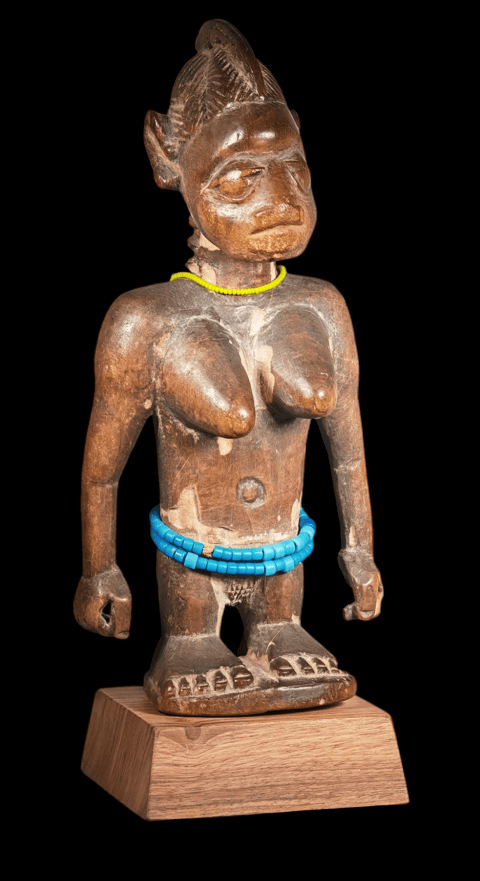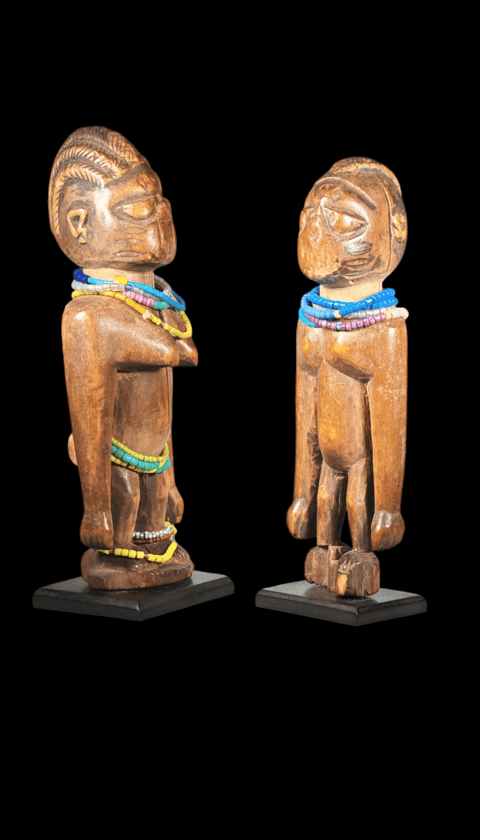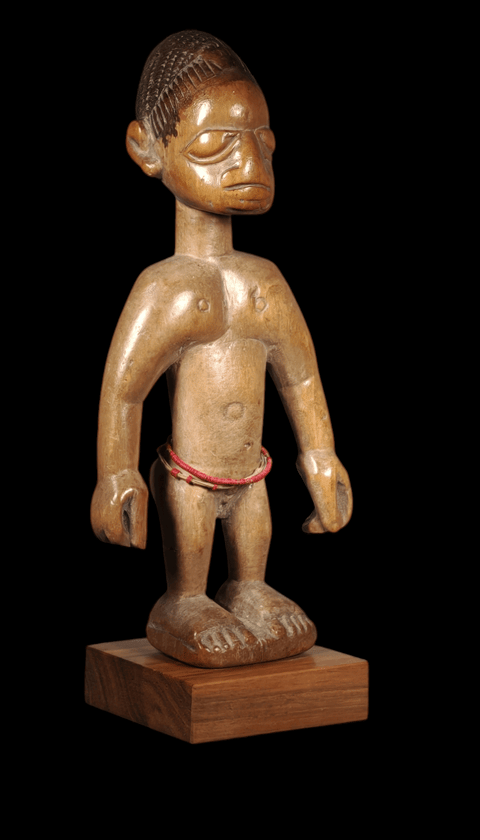Anago people
The Yoruba, also known as Anago, Nago, or Ana (in central Togo), play a prominent role in the ethnic and historical makeup of southeastern and central Benin. Originally from present-day Nigeria, they have established themselves in the region since time immemorial, consolidating their presence over the centuries. According to tradition, Odudua, the legendary ancestral figure and founder of the sacred city of Ife in Nigeria, sent his sons to establish new kingdoms, thereby spreading Yoruba influence beyond its original borders. Among the kingdoms founded by the descendants of Ife are Savé and Kétou, two political entities that played a key role in structuring this region.
Today, the Yoruba represent about 12.3% of the Beninese population. They are primarily concentrated in the southeast and central-east of the country, where they have preserved their traditions and way of life. This group is particularly active in commerce, and their influence is felt in Cotonou, especially at the Dantokpa market, one of the largest markets in West Africa, which they dominate through their commercial dynamism.
The Nago, a sub-branch of the Yoruba settled north of Porto-Novo, stand out for their agricultural focus, predominantly engaging in farming. Adding to this diversity within the group is the presence of Afro-Brazilians, descendants of freed slaves who returned from Brazil in the 19th century. These Afro-Brazilians, also of Yoruba origin, have long held a special place in Beninese society, particularly due to their high level of education, inherited from their time in Brazil, and their cultural and intellectual influence in the coastal cities of the country.


In summary, the Ibeji figurines of Anago style are part of a highly refined Yoruba sculptural art, combining aesthetic simplicity with deep religious symbolism. They embody an essential spiritual continuity for the Anago community, while reflecting a regional identity within the Yoruba world, where the preservation of cosmic balance through the twin cult remains a crucial aspect of the culture.




